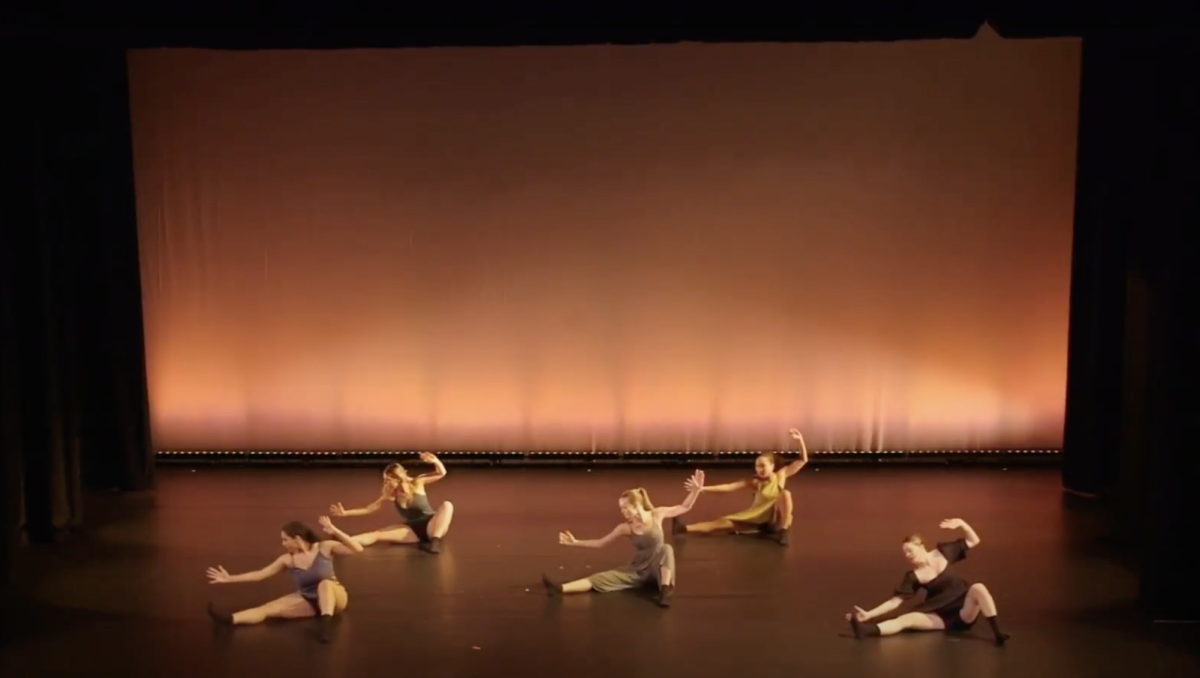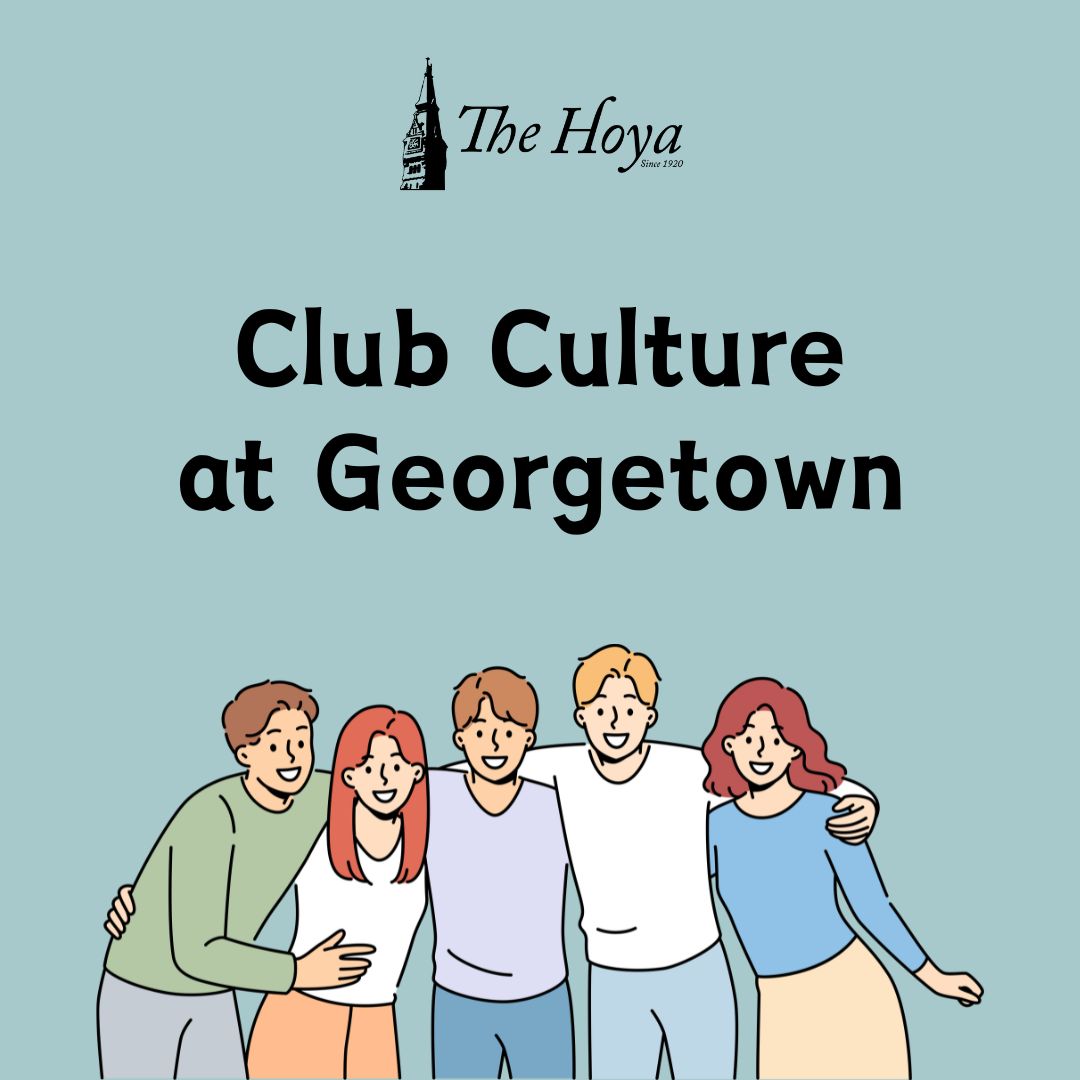Transcript
Melanie Elliott (ME): Hello Hoyas! And welcome back to “Mondays with Melanie.” Through this series, I will be bringing on the authors of each week’s top stories to discuss their articles and provide a brief synopsis of their topics. This week, that of Jan. 15 to 21, has definitely been a chaotic one with snowy weather, class cancellations and the end of add/drop. On this episode, we have another wide array of topics, this time ranging from blood shortages to a reproductive rights panel to the recent march for Palestine in D.C.
ME: We begin with science writer Camille Vandeveer (CAS ’25), who spoke with me about her piece on the blood shortages which many hospitals are now facing.
Camille Vandeveer (CV): My name is Camille Vandeveer. I’m a junior in the College, and I’m a deputy editor in the science section.
ME: Could you just tell us a bit about your article and what inspired you to write it?
CV: This week’s article was highlighting the national blood shortage. So, the Red Cross announced this blood shortage on Jan. 7. And so I saw that announcement, and I really wanted to raise awareness about the article. So, essentially what’s going on is the Red Cross is experiencing the lowest levels of blood donation that they’ve ever had, or in the past 20 years. And since blood can’t be manufactured, it has to come from people. The only way to sort of alleviate the shortage is to increase donations. So, I spoke to a few, I spoke to a representative in the Red Cross and to some public health experts about the importance of donations. So, most people are eligible to donate — most healthy adults — and you can donate immediately at the Charles Drew Red Cross Blood and Platelet Donation Center in Foggy Bottom or the Children’s National Hospital in Shaw. Additionally, this is still in the very early stages of planning. But, Georgetown is hoping to host our own blood drive. So, I would encourage people to donate when that time comes as well.
ME: Thank you for that Camille! I also spoke with news writer Nora Toscano (CAS ’27) about her article covering a reproductive rights panel which took place here in Georgetown.
Nora Toscano (NT): So my name is Nora Toscano. I’m a first year in the College. I’m from New York, and I am a staff writer for the News section of The Hoya.
ME: And could you just tell us a bit about your article?
NT: Yeah, sure. So, this — on Wednesday, I attended the Reproductive Rights in 2024 panel, which was hosted by GU College Dems and by H*yas for Choice, and it was in Lohrfink Auditorium. And it had five panelists who talked about, you know, reproductive justice, and like what that looks like this year, especially the upcoming presidential election that, like, can have implications on reproductive justice. I mean, the event was, like, really interesting, because as we know, tomorrow is the Cardinal O’Connor Conference on Life at Georgetown, which is the biggest student-run pro-life conference in the United States. So, having this reproductive rights panel only a few days before the O’Connor Conference was, you know, really important, I thought, really interesting to see. One of the main things that the panelists, some of the panelists, were actually Georgetown alumni who had been parts of H*yas for Choice. One of the panelists, she actually piloted the Plan B program at Georgetown. So, like, it’s literally because of her that we have access to Plan B. And something that she really emphasized was that as students on a college campus, we’re in, like, prime position for organizing, we’re around our peers daily. And she said that even though it can be really difficult to approach these topics with your peers, that doesn’t mean you shouldn’t demand more from your administration. My advice to anyone is just to get yourself more involved and take advantage of where we are right now.
ME: Thanks so much Nora. Finally, News deputy editor Aamir Jamil (CAS ’27) wrote about the recent “Free Palestine” march which occurred in DC.
Aamir Jamil (AJ): My name is Aamir, I’m a first year in the College, and the GUSA/Student Life Desk Editor. My article is about the National March for Gaza, which happened on January 13. And I was first interested because I covered the other march that had been on November 4. And what surprised me writing about this was that it was a lot easier, I guess, to get sources for this article where I was able to talk to students who attended, and also professors who have been involved or have a lot of knowledge about the crisis. So, I covered what the march was like, what students experienced and what has been going on since the last march happened. And further research always includes not only reading the national news, but visiting The Hoya and seeing what articles will be written about this issue and about what’s going on on campus.
ME: Thank you Aamir. That concludes another hectic week here at the Hilltop. Thanks so much for tuning in! I’m Melanie Elliott, and this has been “Mondays with Melanie.” Be sure to check back in next week for another round of top stories. And until then, have a great week! This podcast was edited by me and produced by Emily Han and Sofia Nathoo.








